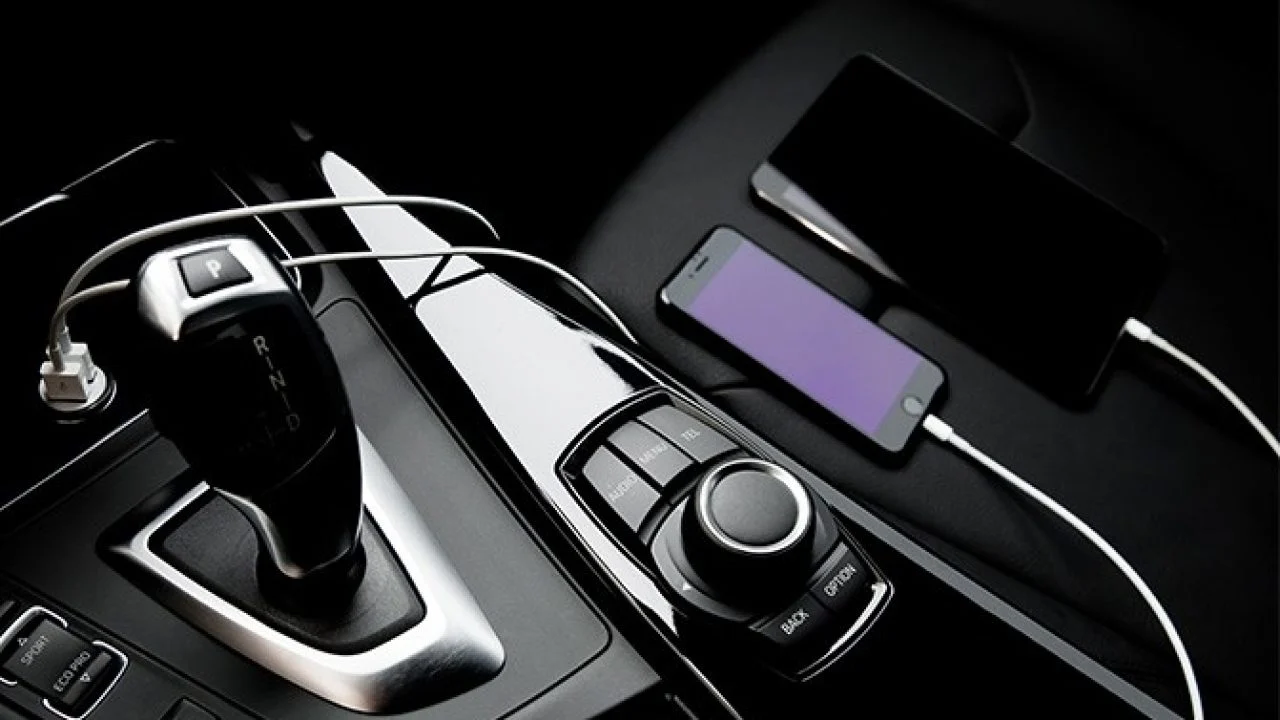Table of Contents
If you’re currently looking for a new car, your first decision is whether you would prefer a new or used one. While it’s a well-known fact that the value of a new car starts to deteriorate as soon as you leave the forecourt, new cars come with significant advantages. Not only are brand-new cars often more reliable than used vehicles, but they’re also more efficient.
However, despite the enormous benefits of buying new, not all new cars live up to their expectations. Some new cars are plagued with faults that can cost thousands to put right. So, where do we stand in these circumstances? If you want to know your rights if something is wrong with a car you’ve purchased, whether it is new or used, keep reading below:
The Law
The law states that cars must be of satisfactory quality, fit for purpose, and as described. This means that cars cannot be broken or faulty when sold. Consumers are protected if they are sold faulty or unsatisfactory vehicles.
If You Buy Your Car from a Dealer
The Consumer Rights Act 2015 states that consumers can request a full refund from a dealer within 30 days of buying a car. This includes both new and used vehicles. However, to request a claim, the car has to be faulty.
As well as this, consumers are also covered for servicing and repair work that renders their car faulty. If a service or some work on your vehicle was not up to scratch, you could ask for the work to be repeated, or ask for a full refund from the dealer.
If you find a problem with your vehicle after 30 days but within six months of purchase, you can request a replacement vehicle or a repair. However, the seller can argue this by saying it was not there at the time of purchase. It is down to you to prove that it was. They do not have to repair or replace the vehicle if you cannot do this.
Buying a Car Privately
If you choose to buy a car from a private seller, knowing that you don’t have the same protection as you would had you purchased from a dealer is essential. It is up to you to inspect the car before you purchase it, so it’s a good idea to get a mechanic to look over it for you.
The only legal terms that cover this type of sale are:
- The seller must have the legal right to sell the vehicle.
- The vehicle should match the description given by the seller.
- The car must be roadworthy.
Manufacturers’ Faults
Product liability laws are in place to protect the public from any defective or dangerous products, including manufacturing defects. Thousands of cars are recalled each year, and hundreds of people are injured because of manufacturing faults.
While most car manufacturing companies are quick to sort out these issues, fixing the issue often isn’t enough if you have been injured because of a car manufacturing fault. Many people injured in accidents like this are left with severe injuries after a crash, meaning they cannot work. Thankfully, these individuals have the right to seek litigation to try and recoup their costs. You can read more about this here.
There’s nothing better than picking up your brand-new car from the showroom. However, not all brand-new cars are as good as we’d expect. Some have issues as soon as we leave the forecourt. So, knowing your legal rights before purchasing a car is essential. This can help you understand where you stand in a dispute.

